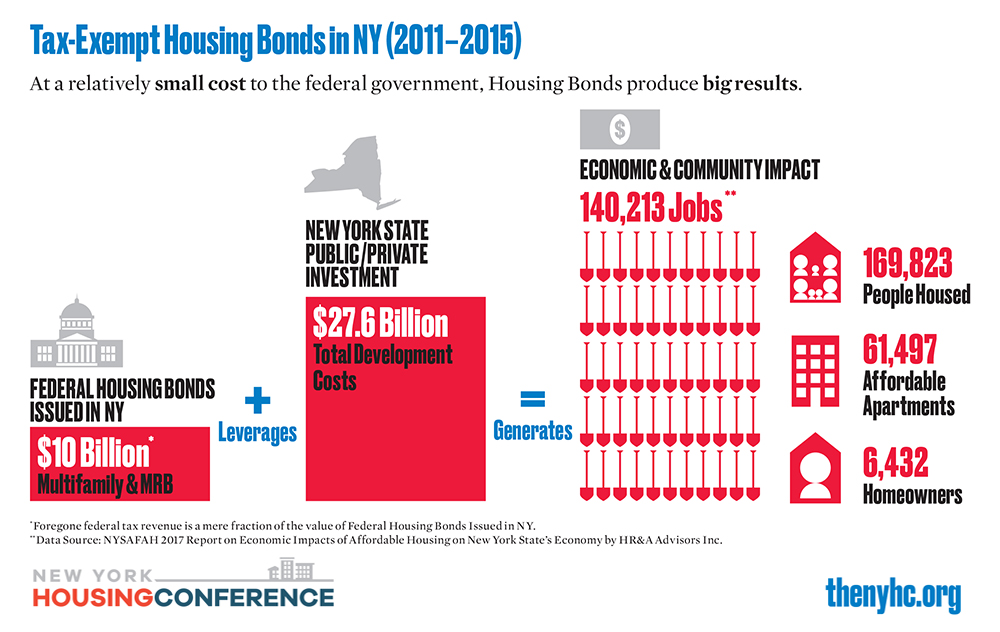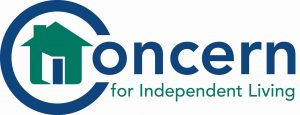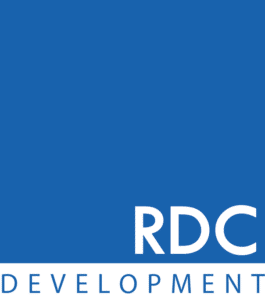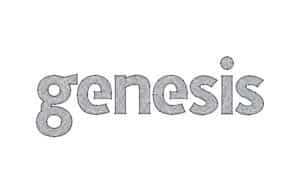Federal advocacy to protect and expand vital housing funding will be critical this year. Visit this page to see the latest federal campaigns and to support our efforts. We’ll continue updating and adding more content.
One-Click Email – Show Opposition to Federal Housing Cuts
This is a critical time for advocacy! When Congress returns from recess, the appropriations process will pick back up and move quickly to reconcile the Senate and House budget bills. Please take 10 seconds to let your member of Congress know you oppose ANY cuts to affordable housing resources and urge them to fully fund HUD in the FY26 budget by taking action with NLIHC.
NYHC HOME Program Explainer
Congress is proposing cuts to the federal HOME program. Read our explainer about this critical housing tool. Read it here.
Analysis of Congressional Committee Appropriations Bills
The House and Senate Appropriations Committees have passed budget bills. Congress mostly rejected President Trump’s harmful proposals. Read our analysis of of the budget markups here.
Sign-On Letter Opposing HUD Cuts, Block Granting Funding, and Term Limits for HUD programs.
NYHC and 100 partners sent a letter to the NY Congressional Delegation opposing President Trump’s budget proposal for HUD cuts, block grants and term limits, while supporting full funding for federal housing programs. Thank you to our partners for showing strong and broad opposition and explaining how extensive the harm will be to renters, landlords and lenders.
See the letter here.
Analysis of President Trump’s Proposed Budget
Read our analysis of President Trump’s budget proposal here.
Affordable Housing Snapshots
View affordable housing need and impact of federal resources for New York State and by Congressional District below. Not sure who represents you? Use the “Find Your Representative” tool!
| NY-1 | NY-6 | NY-11 | NY-16 | NY-21 | NY-26 |
| NY-2 | NY-7 | NY-12 | NY-17 | NY-22 | |
| NY-3 | NY-8 | NY-13 | NY-18 | NY-23 | |
| NY-4 | NY-9 | NY-14 | NY-19 | NY-24 | |
| NY-5 | NY-10 | NY-15 | NY-20 | NY-25 |
Federal Housing Action Tracker
Since President Trump took office, his administration and DOGE have taken a number of actions that undermine housing resources including mass firings at HUD, impounding Congressionally appropriated funds and eliminating programs with keywords like “equity” and “resiliency”. This timeline will track major federal housing policy and operations changes and continue to be updated. You can also keep track of lawsuits against the administration here.
Sign-On In Support of HUD Field Offices
NYHC and 27 affordable housing organizations, representing hundreds of housing practitioners across New York state sent a letter to HUD Secretary Turner expressing about reports that HUD is considering closing the Buffalo field office and urging him to reverse this plan and ensure that HUD maintains and adequately staffs all three New York offices.
See the text of the letter here.
Federal Housing Sign-On
NYHC and over 100 elected official and organization partners sent a letter calling on our NY Congressional delegation to protect and expand federal housing resources including HUD programs and the Low-Income Housing Tax Credit (LIHTC).
See the text of the the final letter here.









